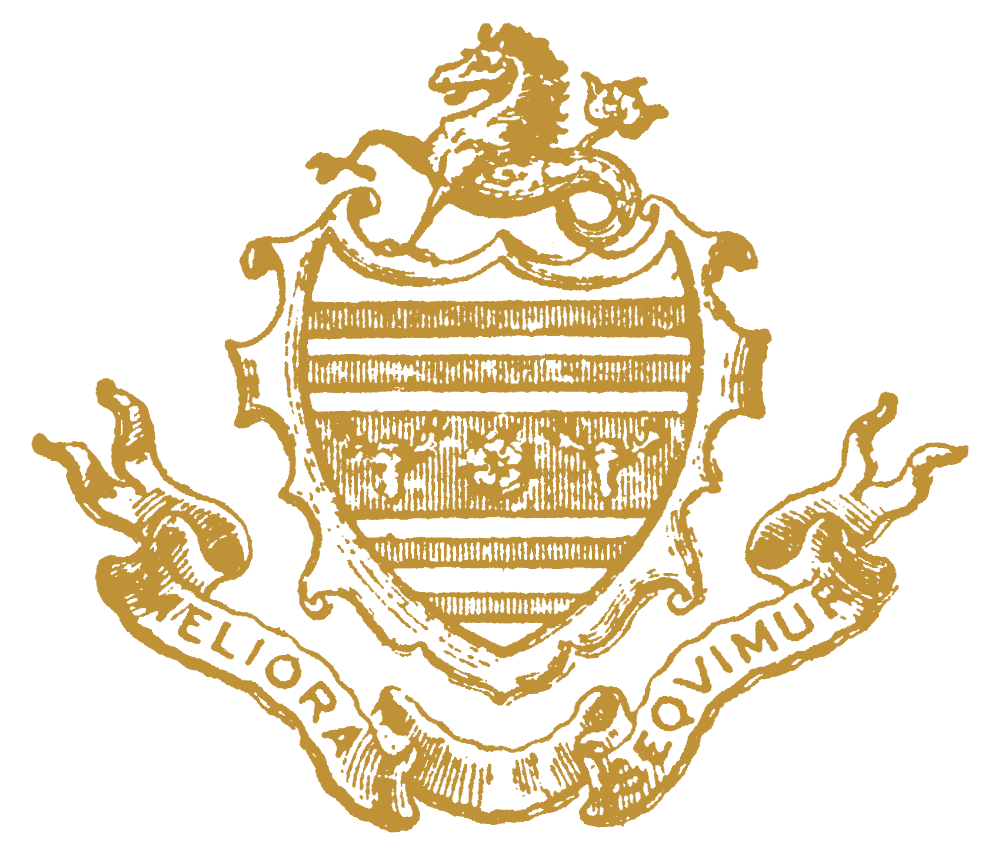Maths teacher
1955-59
His time at EGS was quite short (September 1955 – December 1959) before he moved on to progress his career which – no surprise to those taught by him – culminated in Headmaster appointments. Nonetheless, Neville Hortop (Nev to those who came to know him well) left an enduring impression on those he encountered during that time. Apart from his influence as a maths teacher his contribution included House Master in Devonshire House, master in charge of the Chess Club, school trips abroad – which he remembered warmly – and initiator / Section Commander of the RAF Section of the CCF. His impact was summed up in words written to his daughter by Robin Ridley and read at his funeral service: Nev was my favourite teacher; he was personable, friendly, jovial, enthusiastic and inspiring – and able to keep order in class without any grief. He taught me to enjoy maths and to play chess and introduced me to the RAF in which I later served for 20 years as an engineering officer.
Howard Kirby recalled how maths lessons had their lighter side, interspersed with a humorous story or by laughter as Nev’s efforts to draw a circle on the blackboard failed to look even approximately circular. The lighter side paid dividends for the serious side of the subject for, though Nev’s maths class was called the “slow set,” he got them all though GCE O level one year early.
Nev was generous too: on one occasion as the chess team was about to board the train at Eastbourne to go to Hastings, he spotted a Pullman coach and treated the team to travel in it. Phil Connell captured the essence of the man in describing Nev as having a zest for life that was to be envied. Such were the characteristics that marked not just his impact at EGS but his whole life, as evidenced by both the stories received from other schools he worked in and by the press cuttings that paid tribute to his helpfulness to tourists when, in retirement, he became a tour guide at Conwy Castle.
James Hazelden became a close friend of Nev and remained such until the latter’s death in 2011.
In correspondence with James during retirement he variously remembered:
• His time at Eversley Court being the happiest days of his teaching career, better than any before or after – “Golden Days” as sung about in The Student Prince, he remarked.
• Particular colleagues from EGS: George Dixon and Bob Wisden, with whom he co-led school trips to Europe; also Messrs Ward, Platt, Owen, Davies, Martin, Mallion, Romans and Bosley.
• Mike Morley for the magnificent sets for the school plays he produced, as well as playing mean games of tennis and dice.
• Walter Tillyard at an NUT Easter Conference in Eastbourne in the late 1970s which he himself was attending as NUT President for Cornwall.
• A special class taken from 3rd year through to early Lower 6th, designated in his mind as the Kirby – Ridley group. Every time he entered their classroom, he was greeted by an astonishing caricature drawn on the board by a pupil (remembered by James as Graham Fields) who became a hotel manager in Falmouth as Nev discovered when the headteachers in Cornwall met at his hotel and he was allocated a prime room at the front rather than the shared rear rooms where other attendees were staying.
• Taking over as master in charge of chess, much to his delight, when the school team played in both the Brighton and Hastings Leagues. All matches (home and away) were at the chess clubs in the respective towns; the Hastings club provided a meal afterwards, but Brighton did not.
• Happy times running the CCF with Messrs Mallion, Bonfield, Lewis and Dixon. On his last parade John Mallion, overall Commander of the CCF, stepped aside to allow Nev to lead the contingent in the Mayor’s parade, striding out ahead of the band and the Army and RAF Sections: a proud moment and great memory for Nev.
• As master in charge of the cross-country running team arranging a home fixture against Varndean Grammar School who asked if a friendly school of theirs from South London could be included in the fixture; subsequently the number of teams rose to seven including Eastbourne College and Brighton College. As the course went over the main road out of Eastbourne and with the number of runners involved, Nev approached the police to ask if a patrol car could stop the traffic. This was duly agreed and happened efficiently: perhaps easier to do back in 1958!
James’ final thought which would doubtless be echoed by many others: it was a privilege to have known Nev.


